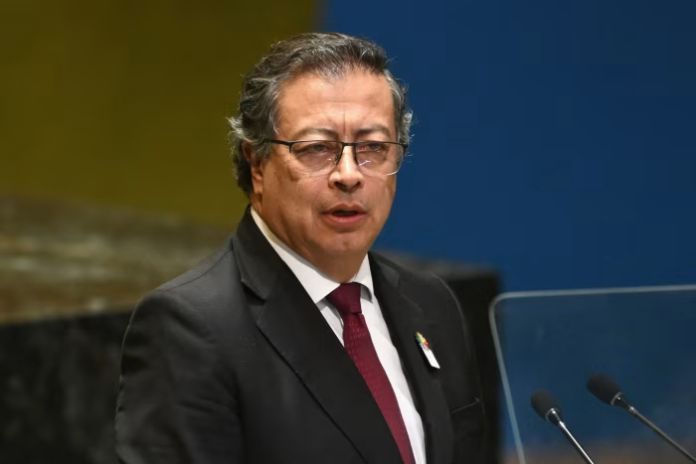Colombia’s President Gustavo Petro sparked controversy by advocating for the global legalisation of cocaine.
He argued that cocaine is no more harmful than whiskey and is only illegal because it originates in Latin America. Speaking during a six-hour government meeting, Petro claimed that cocaine has been unfairly scapegoated by American politicians in their decades-long crackdown on drugs.
Cocaine is illegal because it is made in Latin America, not because it is worse than whiskey. Scientists have analysed this: cocaine is not worse than whiskey.
Petro also suggested that legalising cocaine worldwide would dismantle the drug trafficking industry, comparing its potential regulation to that of wine.
Shift in drug policy
Petro’s statement marks a significant shift from Colombia’s traditional approach to combating drug trafficking. As the world’s largest producer and exporter of cocaine, Colombia has spent decades fighting cartels and drug-related violence. However, Petro has long criticised the war on drugs as ineffective and hypocritical.
If somebody wants peace, the business [of drug trafficking] has to be dismantled. It could be easily dismantled if they legalised cocaine in the world.
Petro also highlighted the opioid crisis in the United States, pointing out that fentanyl, a synthetic opioid, is a far deadlier substance than cocaine.
Fentanyl is killing Americans, but it’s not made in Colombia. Fentanyl was created as a pharmacy drug by North American multinationals, and those who used it became addicted.
Petro’s comments come amid strained relations with the United States, particularly under President Donald Trump. Colombia initially barred US military planes carrying deported migrants from landing but eventually agreed to accept the migrants “without restriction or delay.”
Despite decades of anti-drug efforts, cocaine production in Colombia reached a record high in 2023, surging by 53% to over 2,600 tons, according to the UN Office on Drugs and Crime. Petro’s call for legalisation reflects a growing recognition that traditional enforcement strategies have failed to curb the drug trade.
